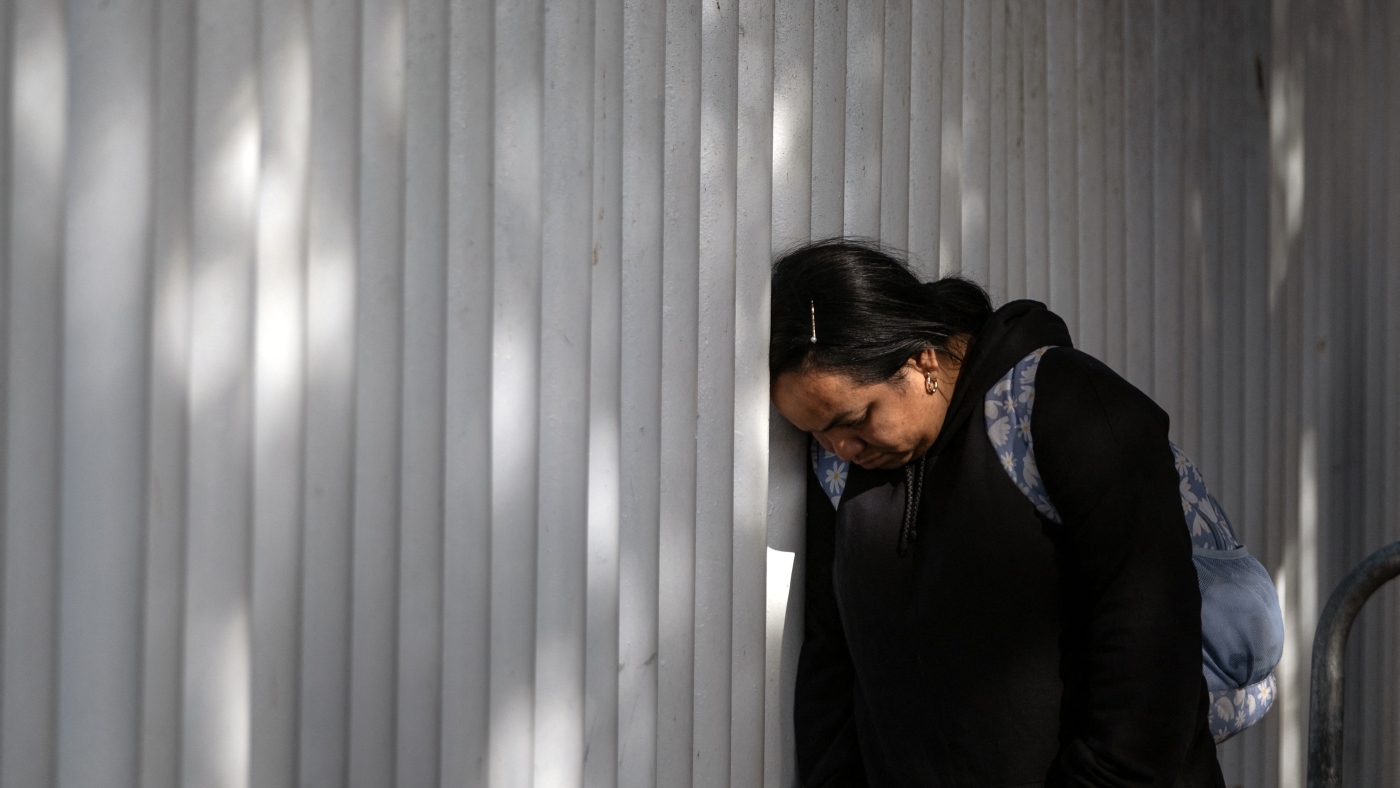Lock the White House Watch Newsletter for free
Your Guide to Washington and the World’s 2024 US Election Means
Donald Trump doubled his administration’s standoff with Harvard University with the threat of removing the university’s tax-free status.
His warning came within a day when the White House said it would freeze more than $2.2 billion in funding for Harvard after it refused to comply with a series of overhaul requests for governance and student discipline.
“Maybe Harvard should be taxed as a political entity if he loses his tax-exempt status and continues to support the “disease” because he is inspired by political, ideological, and terrorists? “Duty-free status is entirely conditional on acting in the public interest! “president I wrote it On his true social platform.
Trump’s threats add to concern among US higher education institutions looking to widen attacks on what the government claims has failed to tackle anti-Semitism suspicions on campus.
The Trump administration is considering removing tax-free status at US universities and overhauling its accreditation system that qualifies for federal funds, including student loans.
“I think a lot of Americans are wondering why not only indoctrinating students in our country, but when they have such groups engage in terrible illegal activities, they wonder why their taxes go to these universities.”
“The President’s position on this is based on the fundamental principle that Jewish American students, or students of faith, should not be illegally harassed or targeted on university campuses in our country, and unfortunately we have seen illegal discrimination occur on Harvard campuses,” she added.
Harvard said the administration’s demands are infiltrating academic freedom and lacking a legitimate process.
“The university will not waive independence or waive its constitutional rights,” Harvard President Alan Gerber said Monday.
The university is the first well-known institution to resist the government’s demands after weeks of threat and grant freezes.
Unlike Harvard, Columbia University in New York succumbed to the demands of management after a $400 million grant cut, but has yet to revive. Instead, the government is planning an aggressive court supervision consent order to oversee the university.
However, there are signs that universities are beginning to challenge their administration. “We’ve been working hard to get into the world,” said Jonathan Levin, president of Stanford University.
He added: “The way to bring about constructive change is not to destroy the state’s capabilities for scientific research or to direct governments of private institutions.”
The university’s network of professors and teachers is already suing the administration, with broader actions to challenge inter-university blanket freshes on grants related to topics such as diversity, equity and inclusion.
The university is also challenging the indirect costs caps associated with national grants from the National Institutes of Health and the Department of Energy.





